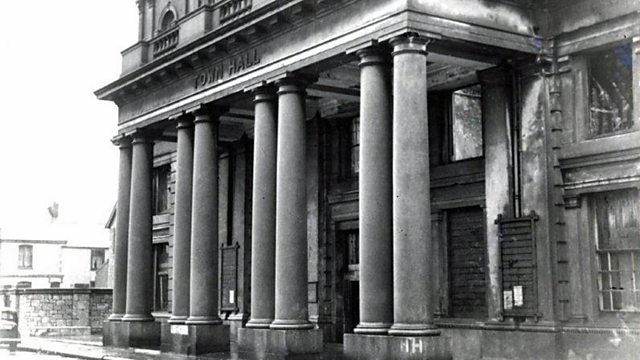Stonehouse, Devon: Children of War
The campaign to curb child mortality during the war
In 1914, 5,047 children were born in Plymouth, of which 553 died. A local campaigner for improvements in child welfare claimed βAt the present time it is more dangerous to be born a baby than go out to France to fight.β
Yet the war was a time of immense change in the care of children.
Plymouthβs first infant welfare centre opened in Stonehouse Town Hall in 1917. It had been inspired by the cityβs future MP Nancy Astor and the editor of the Western Herald newspaper, James Joseph Judge (his papers including The Care of the Child are part of the collections of the Plymouth and West Devon Record Office).
Devonβs wartime campaign for improvements in the care of children also led to the development of infant welfare centres in Exeter, health visitors and the training of midwives serving towns and villages across the county.
The lives of adults at war were inextricably linked to those of children at home. But so were their deaths. The NSPCC claimed that during the first 15 months of the war more British children died of disease than soldiers in battle. So the war years became a period of life and death at home and abroad.
Town Hall, Stonehouse, Plymouth PL1 3NY
Image of Stonehouse Town Hall courtesy of Plymouth Library Services
Duration:
This clip is from
Featured in...
![]()
Innovations—World War One At ΒιΆΉΤΌΕΔ
Where war was the mother of invention
![]()
ΒιΆΉΤΌΕΔ Radio Devon—World War One At ΒιΆΉΤΌΕΔ
Places in Devon that tell a story of World War One
More clips from World War One At ΒιΆΉΤΌΕΔ
-
![]()
The loss of HMY Iolaire
Duration: 18:52
-
![]()
Scotland, Slamannan and the Argylls
Duration: 07:55
-
![]()
Scotland Museum of Edinburgh mourning dress
Duration: 06:17
-
![]()
Scotland Montrose 'GI Brides'
Duration: 06:41







